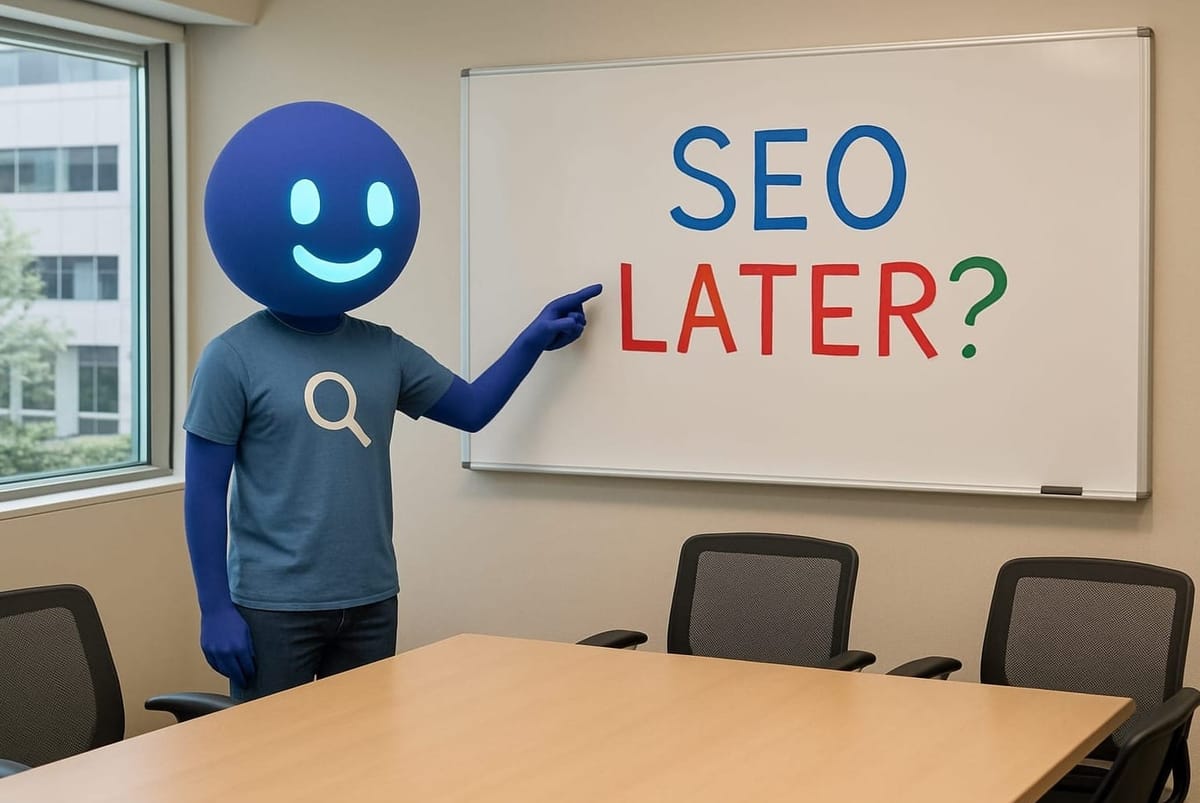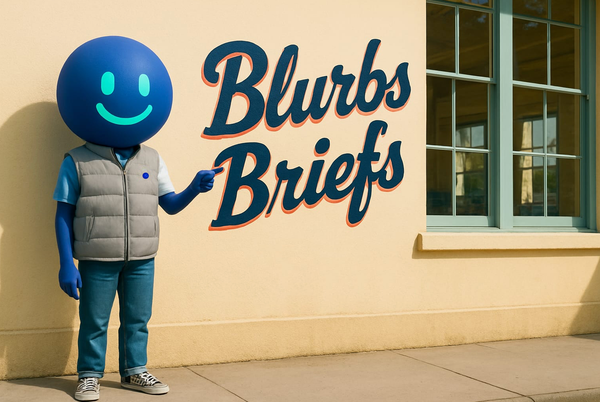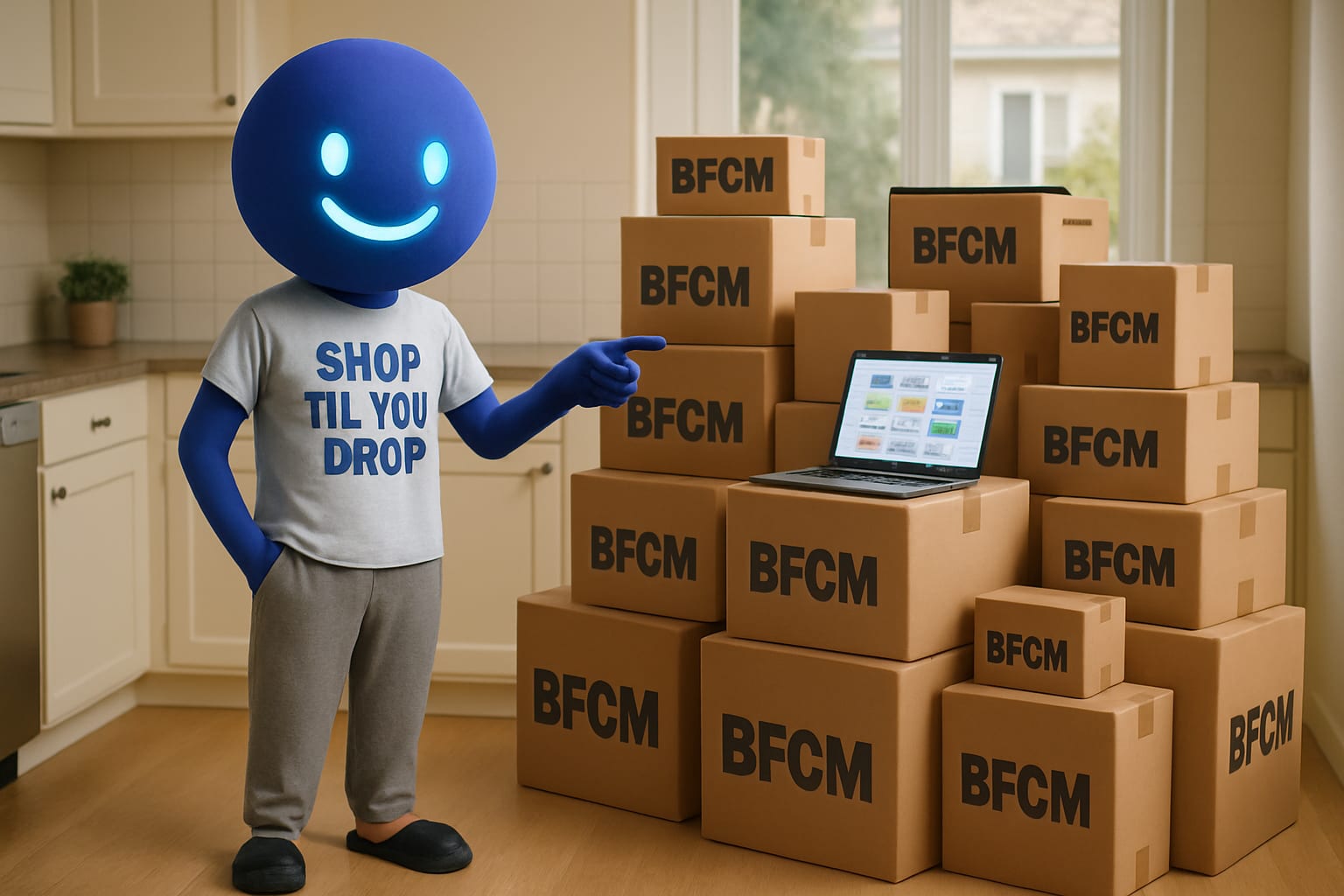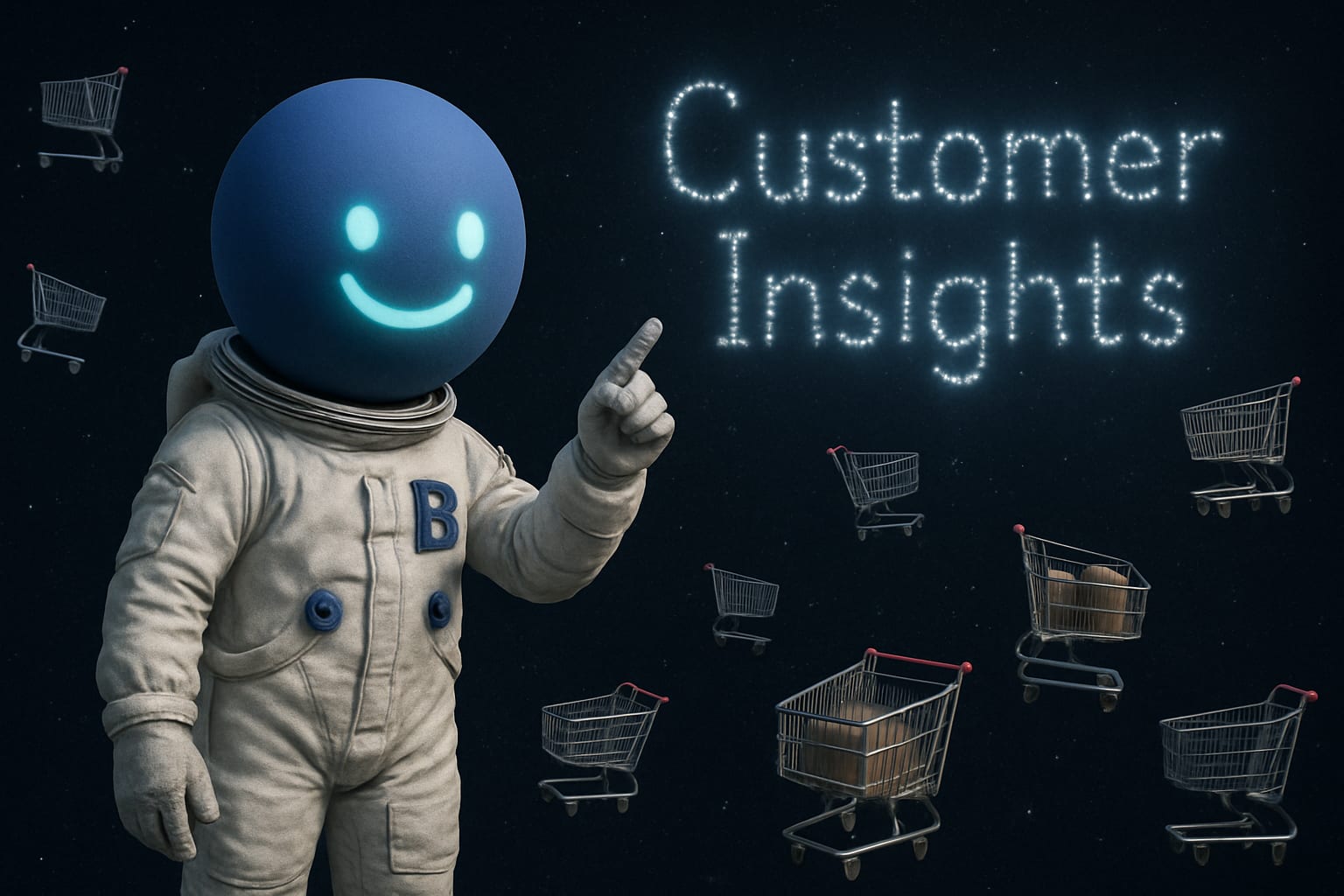SEO Later?
We try and figure out why SEO is still relevant, and who's still doing well with it.

Having to create content to satisfy search algorithms is one of the hallmarks of the dead web, and just feels terrible. Yet here we are, in 2025, with AI unfolding new chapters in how search engines rank and display content. Despite the rise of AI and innovative interfaces, SEO remains a cornerstone in digital marketing. In fact, as AI-driven search models grow smarter, SEO practices evolve too, turning from rigid keyword stuffing into nuanced strategies that harmonize with these intelligent systems. The 20 notable players examined here show diverse ways SEO vendors adapt to this evolving landscape, making them key allies for marketers aiming to keep pace.
AirOps brings AI-driven scalable content creation into the SEO mix by integrating large language models (LLMs) directly with marketing operations. Their focus on brand-aligned content generation and automating refresh cycles lets marketers stay relevant effortlessly. Unlike isolated tools, AirOps weaves itself into existing marketing stacks, ensuring SEO content production is both efficient and quality-controlled. This forward motion in AI integration highlights how content operations are becoming a finely tuned machine rather than a manual slog.
When it comes to e-commerce specific SEO, DetailPage and Ocula Technologies shine in optimizing product detail pages. Both leverage AI to generate and update SEO-friendly content, but DetailPage excels with granular SKU-level data and integration tailored for giants like Amazon and Walmart, while Ocula offers effortless, code-free bulk generation of brand-aligned copy. Their human-in-the-loop models ensure AI-generated content doesn’t lose authenticity or quality, which is critical as retail algorithms increasingly demand precision. Meanwhile, Optiversal supports e-commerce by fueling AI content for landing pages and buying guides, helping brands tap new traffic streams with thematic and keyword-optimized copy, essential for competitive markets.
Diving deeper into classic SEO tooling, platforms like ahrefs and SEMRUSH exemplify comprehensive analytics with AI enhancements to deliver competitive insights, keyword research, and performance tracking. They remain vital for actionable data without overwhelming marketers, streamlining strategies across SEO and paid campaigns. Similarly, Passion Fruit goes punch-for-punch with AI-powered audits and backlink acquisition to establish topical authority—an approach that addresses SEO not just as content creation but as reputation building. On the automation front, Quattr and botify push technology further by automating internal linking, SEO fixes, and even indexation processes, letting marketers focus on strategy while AI handles the tedious, boosting site visibility.
AI's growing influence on SEO isn't just content deep—it's perceptual. Tools like Evertune and Profound specialize in optimizing brand visibility in AI-powered search environments by analyzing how LLMs interpret brands, tweak messaging accordingly, and track sentiment shifts. These vendors mark the frontier of SEO in an AI-first world, where being found by human searchers also means appearing favorably in AI-generated recommendations and responses. Additionally, solutions like Otterly give insight into AI platform brand mentions, enabling nimble strategy pivots that weren't possible before.
Local and reputation management remains essential despite AI’s rise, and TribeLocal and Uberall stand out by consolidating citation building, review management, and multi-location listing oversight. Their AI-driven features automate responses and optimize local landing pages, a reminder that SEO’s fundamentals still matter offline and on, and that AI can enhance those classic efforts. Rounding out the pack, Revvim and Be-Incremental laser-focus on automating ad spend tied to branded search with AI-powered bid management and competitive monitoring, blending paid and organic efforts to squeeze ROI.
Ultimately, these vendors exemplify that SEO isn’t dead—it's a living, breathing craft reshaping itself amid AI’s explosion. Today's successful strategies hinge on dynamic content creation, automation, AI-driven insights, and brand visibility optimization across multiple platforms including AI search engines and e-commerce marketplaces. Ignoring SEO now would be like showing up to a fight unarmed. Instead, embracing this new breed of AI-enhanced SEO tools ensures marketers keep pace with how consumers find products and services in the AI era. Future-proofing isn't a buzzword here—it's survival.
Key Takeaways: Why SEO Still Matters (Even With AI)
- AI increases complexity in search but also opens new visibility channels requiring SEO strategy evolution.
- SEO tools now blend AI-driven content creation, automation, and human oversight for higher efficiency and quality.
- Brand visibility in AI search environments needs specialized monitoring and messaging adjustments.
Leading Approaches from Top SEO Vendors
- Integrated AI content workflows combined with marketing stack integration (AirOps, Optiversal).
- E-commerce SEO optimization tailored to retail platforms with human-AI collaboration (DetailPage, Ocula).
- Comprehensive performance analytics and competitor insights assisting data-driven decisions (ahrefs, SEMRUSH, Passion Fruit).
How to Leverage SEO in an AI-Driven Martech Mix
- Use automation to handle technical SEO tasks and indexing to free up strategic focus (botify, Quattr).
- Monitor AI search platforms for brand mentions and sentiment to stay ahead in evolving customer touchpoints (Evertune, Otterly).
- Balance organic and paid strategies with AI-powered spending optimization and local reputation tools (Revvim, Be-Incremental, TribeLocal, Uberall).




